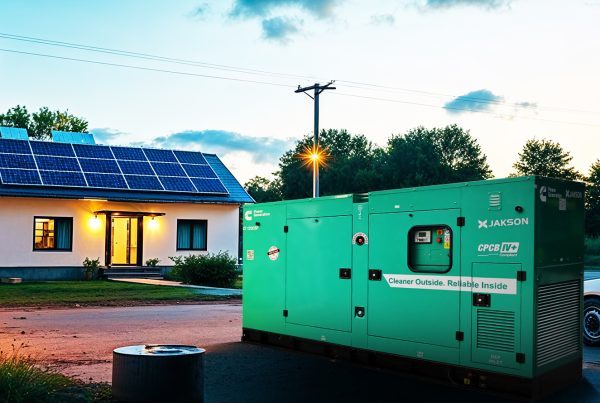The global demand for electricity witnessed a growth of 3.1% in 2017, with major requirements seen in China and India. In 2017 the Indian economy grew just below 7% while the demand for electricity rose at 12% outpacing GDP growth. It is forecasted that by the end of 2035, India’s demand for energy will grow faster than most major world economies and shall outpace China’s energy needs by the end of this period. Some research experts cite that India’s gas demand shall expand by 162%, followed by that of oil at 121% and coal 105%. The demand for renewables shall rise by 712%, nuclear by 317%, and hydro by 97%.
The share of renewable energy will increase significantly, however fossil fuels are expected to remain a major contributor in meeting our energy needs, which implies that India would continue to be an importer of fossils for the next few decades. The increasing demand for energy in the near future, shall put our resources under tremendous pressure. Any supply constraint can adversely impact the economy of a country, more so of a developing country like India. Energy Intensity, which is a measure of energy efficiency of an economy, indicates that India uses more energy to produce one unit of GDP, than nations like UK, Germany, Japan and US.
In today’s macro-economic context, we stare at an acute prospect of having to incur huge foreign exchange outgo to buy expensive energy from abroad. In order to avoid a crisis and to ensure smooth economic activity we must begin to strategize now for using our resources more efficiently and effectively while driving growth and profitability. As a country, we need to value each kilowatt hour of energy generated.
India’s energy ambitions cannot be accomplished without due focus on energy efficiency. As such, the first policy choice in the path towards energy security and energy for all must be towards encouraging industry and consumers to use energy more efficiently. Industry sector accounts for 40% of energy consumption and there shall be considerable savings for everyone in adopting energy efficient practices. The MSME segment consumes about 25% of energy needs of the industrial sector and the adoption of energy efficient methods are expected to drive gains between 15%-30%
These gains shall not only reduce the expenditure on power bills, they shall ensure growth, by making the sector more profitable and competitive, both locally and globally. The interventions required for implementing efficient systems, may vary across segments but broadly, these could be around technology, wherein data could be collected from energy consuming devices, to analyse and improve on areas identified.
Use of manufacturing equipment that significantly reduces energy requirements, creating efficient building designs, as they consume 40% of energy requirement and adopting solar technology would enable self-sufficiency and reduce carbon footprints. Further, best practices to enhance energy efficiency in the MSME units could be made public by industry association and the government so that all stakeholders can take advantage and drive gains in efficiency while ensuring growth and profits.
The government’s mission on enhanced energy efficiency is towards creating a conducive regulatory environment. Initiatives by industry associations in collaboration with government to promote use of energy efficient systems through workshops and sharing of best practices with new and existing entities shall be useful in achieving the countries goals. Every citizen has to be sensitized of the need to conserve resources and to use energy in a responsible and sustainable manner. This shall not only benefit individuals but also positively impact the economy of the country. Thus efficient use of energy must begin from our homes.









